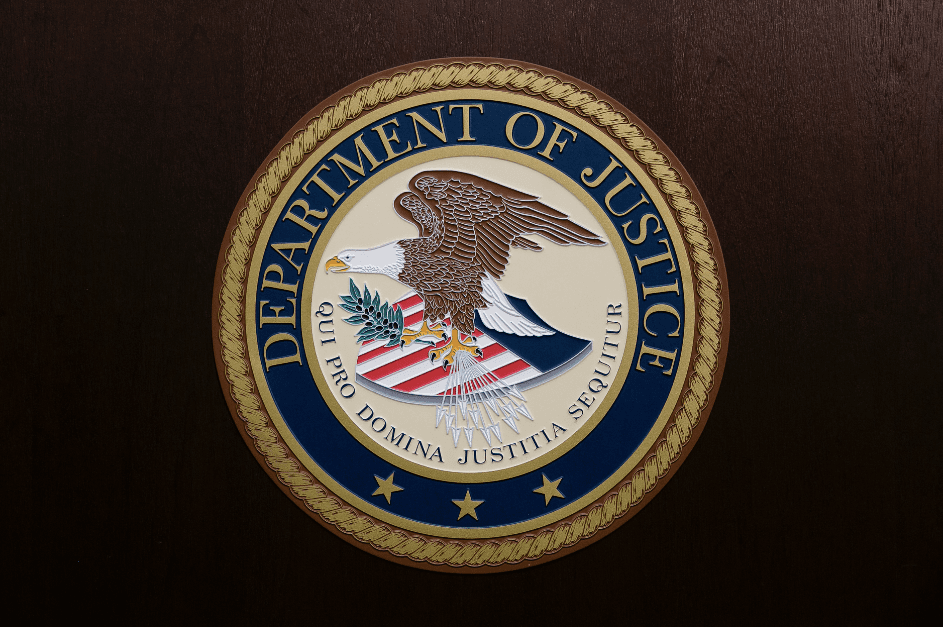WASHINGTON—The Justice Department has put sanctuary jurisdictions on notice, again. This time with a letter to 23 sanctuaries demanding proof of compliance with federal immigration laws or face a subpoena.
The letters ask the jurisdictions to produce documentation that could prove they are “unlawfully restricting information sharing by its law enforcement officers with federal immigration authorities.”





